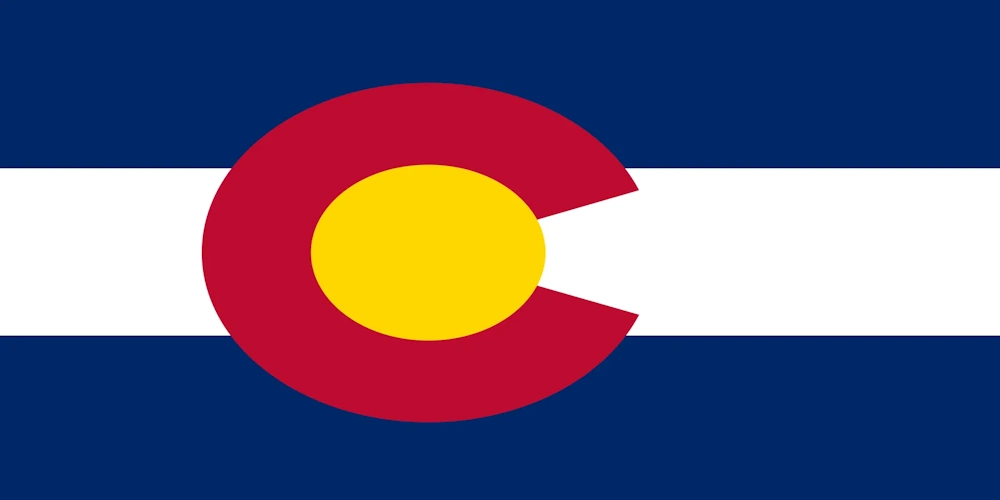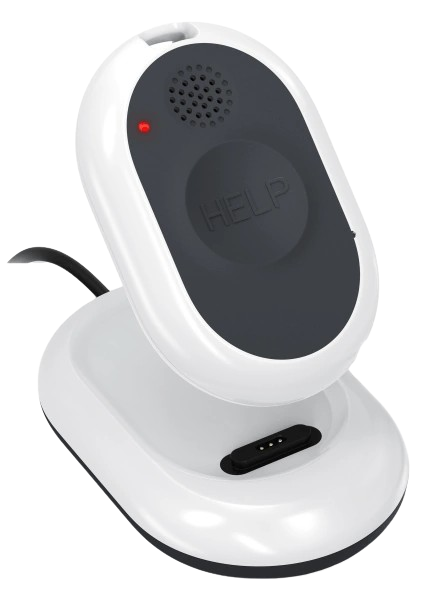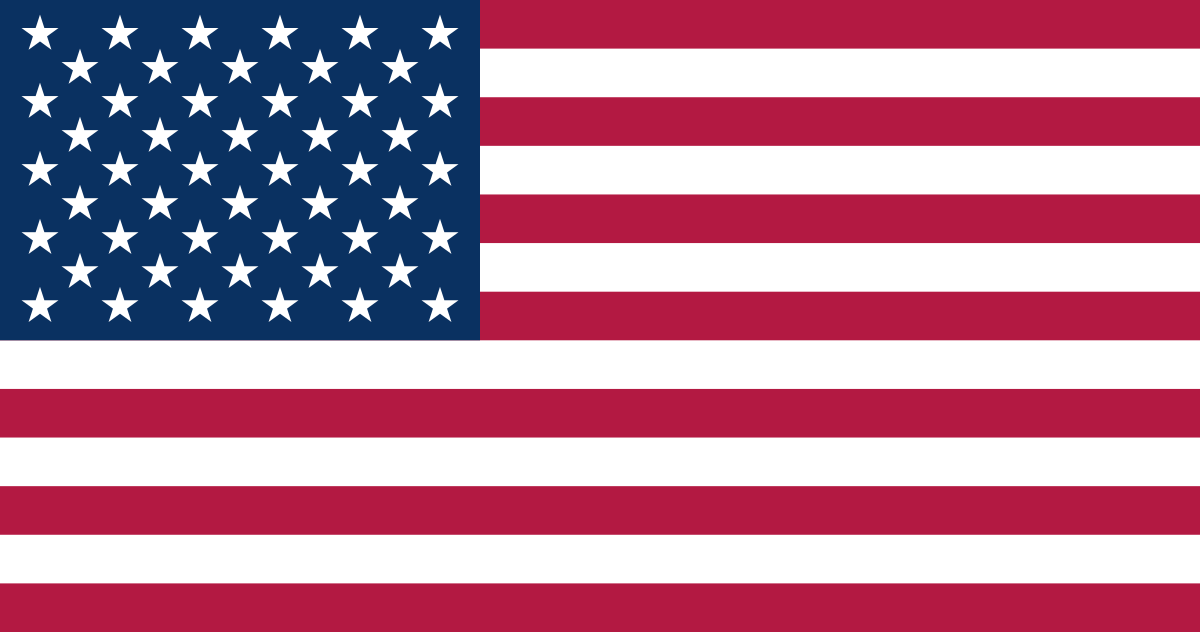Colorado’s diverse economy spans sectors from agriculture and mining to healthcare, retail, and energy—many of which involve employees working alone in the field, at remote sites, or during off-hours. These “lone workers” face increased risks due to their isolation. While Colorado does not operate its own OSHA-approved occupational safety and health plan, employers are still required to meet federal OSHA standards.
This guide outlines how lone worker safety is managed in Colorado and what employers can do to ensure their teams stay safe and compliant.
On This Page
Our Guide To Lone Worker Safety Policy And Legislation In Colorado
As a federal OSHA state, Colorado follows regulations set by the Occupational Safety and Health Administration rather than enforcing its own workplace safety laws. OSHA does not have a regulation specific to lone workers, but various standards and general duty requirements still apply. For example, employers must assess job-related hazards and ensure employees have the training, tools, and procedures necessary to perform their jobs safely, even when working alone.
This is especially relevant in Colorado, where employees often work in remote areas, extreme weather conditions, or high-risk settings like oil and gas fields or mountain terrain. OSHA’s General Duty Clause (Section 5(a)(1)) requires employers to provide a workplace free from recognized hazards that are likely to cause serious harm. This duty includes evaluating the additional risks that arise when workers are isolated from others.
How Colorado Defines A Lone Worker
There is no official definition of a “lone worker” in Colorado legislation. However, the concept is widely recognized in occupational health and safety circles. A lone worker is typically defined as someone who performs duties without close or direct supervision and cannot be readily seen, heard, or assisted by coworkers.
Lone workers in Colorado can be found in a wide range of environments, including:
- Home healthcare and hospice visits
- Construction and maintenance on isolated job sites
- Agricultural work in rural areas
- Park services and wildlife monitoring
- Utility inspections and meter reading
- Delivery drivers and long-haul transportation
In these scenarios, employees may face increased delays in receiving help during emergencies or incidents, which places a greater burden on employers to plan for and mitigate those risks.
Employing A Lone Worker In Colorado
Employers in Colorado must meet federal OSHA requirements when managing employees who work alone. This includes identifying risks specific to working in isolation and implementing procedures to protect lone workers from injury, illness, or other workplace hazards.
Recommended steps include:
- Conducting Job Hazard Analyses (JHAs): Evaluate specific risks associated with lone work tasks, environments, and locations.
- Developing Emergency Protocols: Ensure employees know what to do in case of injury, equipment failure, or security threats.
- Implementing Communication Systems: Use phones, two-way radios, or app-based tools to maintain contact and receive regular check-ins.
- Training Employees: Educate workers on how to identify hazards, report issues, and respond to emergencies while working independently.
- Documenting Safety Measures: Keep written procedures that outline the company’s approach to monitoring and supporting lone workers.
Employers should also take into account weather-related hazards, especially in Colorado’s mountainous or high-altitude areas, where help may be delayed due to location or travel conditions.
Learn How You Can Protect Your Employees With Loneworker.com

With Loneworker.com you can be equipped with the knowledge and the means to protect your employees and protect your business. Contact us today to learn more about how Loneworker.com can protect you and your employees.
How The Safe Lone Worker App Can Protect Colorado Lone Workers And Employers
The Safe Lone Worker app offers a practical solution for employers looking to enhance safety for isolated employees. Its features—including GPS tracking, automatic fall detection, panic button alerts, and timed check-ins—can significantly reduce response time during emergencies and help meet OSHA’s general safety requirements.
Given Colorado’s varied terrain and sometimes unpredictable weather, technology that ensures real-time monitoring and communication is especially valuable. These digital tools also help employers demonstrate due diligence and maintain records of safety compliance for audit or legal purposes.
Colorado Lone Worker Policies
Colorado does not administer its own state-run occupational safety program, meaning all workplace safety regulations are governed by federal OSHA. As such, there are no state-specific laws that directly address lone workers. However, employers are still fully responsible for ensuring that any employee working alone is protected under OSHA’s broader health and safety framework.
Colorado employers are encouraged to consult federal OSHA guidelines and, when applicable, coordinate with industry associations or safety consultants to stay current on best practices for lone worker safety. This guide is intended as general information and should not replace legal or regulatory consultation.
Colorado Lone Worker Resources
OHS Contact Centre
- 1-866-415-8690
CDC / NIOSH
- 800-232-4636

Affordable Monitoring For Lone Workers In Colorado

-
 Monitoring Your Employees' Safety
Monitoring Your Employees' Safety
-
 GPS Tracking And Monitoring
GPS Tracking And Monitoring
-
 Man Down Panic Alerts
Man Down Panic Alerts
-
 24/7 Protection Anywhere
24/7 Protection Anywhere
Lone Worker Legislation
Lone Worker Safety Policies And Legislation By State
-
 Alabama State Safety Policies And Legislation
Alabama State Safety Policies And Legislation
-
 Alaska State Safety Policies And Legislation
Alaska State Safety Policies And Legislation
-
 Arizona State Safety Policies And Legislation
Arizona State Safety Policies And Legislation
-
 Arkansas State Safety Policies And Legislation
Arkansas State Safety Policies And Legislation
-
 California State Safety Policies And Legislation
California State Safety Policies And Legislation
-
 Colorado State Safety Policies And Legislation
Colorado State Safety Policies And Legislation
-
 Connecticut State Safety Policies And Legislation
Connecticut State Safety Policies And Legislation
-
 Delaware State Safety Policies And Legislation
Delaware State Safety Policies And Legislation
-
 Florida State Safety Policies And Legislation
Florida State Safety Policies And Legislation
-
 Georgia State Safety Policies And Legislation
Georgia State Safety Policies And Legislation
-
 Hawaii State Safety Policies And Legislation
Hawaii State Safety Policies And Legislation
-
 Idaho State Safety Policies And Legislation
Idaho State Safety Policies And Legislation
-
 Illinois State Safety Policies And Legislation
Illinois State Safety Policies And Legislation
-
 Indiana State Safety Policies And Legislation
Indiana State Safety Policies And Legislation
-
 Iowa State Safety Policies And Legislation
Iowa State Safety Policies And Legislation
-
 Kansas State Safety Policies And Legislation
Kansas State Safety Policies And Legislation
-
 Kentucky State Safety Policies And Legislation
Kentucky State Safety Policies And Legislation
-
 Louisiana State Safety Policies And Legislation
Louisiana State Safety Policies And Legislation







